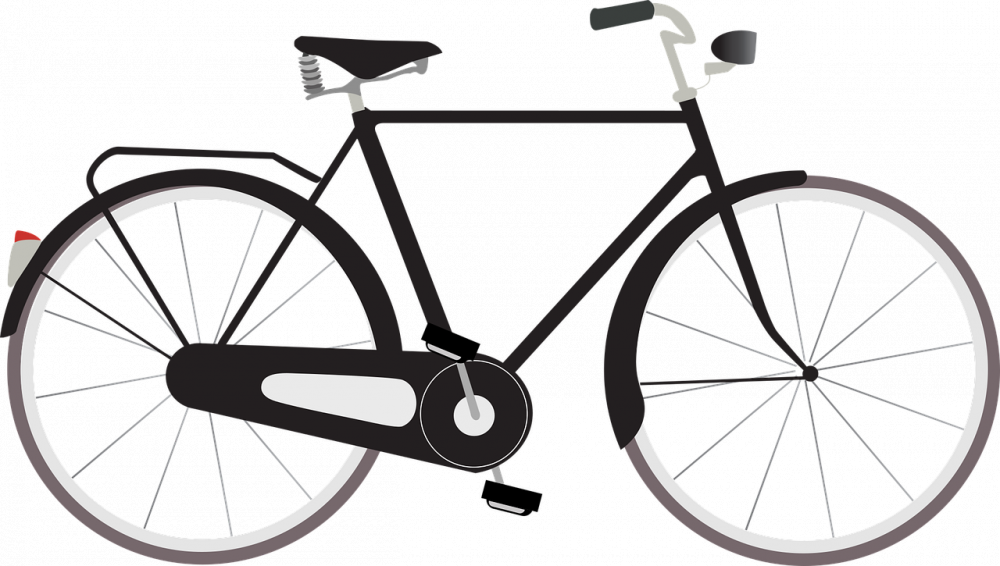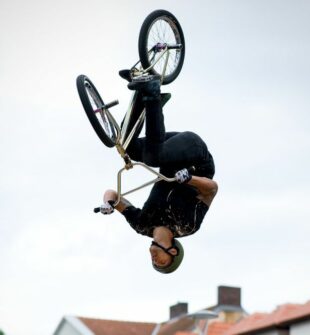Tour de France Enkeltstart: The Evolution of Time Trials in the Worlds Greatest Cycling Race

Introduction:
The Tour de France is the pinnacle of professional cycling, attracting millions of sports and leisure enthusiasts worldwide. Among its most anticipated stages is the Tour de France Enkeltstart, also known as the individual time trial. This thrilling event showcases the cyclists’ individual abilities against the clock. In this article, we delve into the history, significance, and evolution of the Tour de France Enkeltstart, providing valuable insights for those interested in this captivating discipline.
I. The Tour de France Enkeltstart: An Overview

The Tour de France Enkeltstart is a stage where cyclists race alone against the clock. Unlike other stages, where racers compete in groups, this individual time trial brings a unique challenge, as riders cannot rely on the protection or drafting provided by their teammates. With every second counting, riders aim to cover the set distance as fast as possible, showcasing their exceptional stamina, strategy, and technique. The stage favors excellent pacing skills, mental fortitude, and sheer determination.
Key Points:
– Individual time trial stage in the Tour de France
– Cyclists race alone against the clock
– No drafting or teammates’ assistance
– Emphasis on pacing, strategy, and mental strength
II. Historical Development of the Tour de France Enkeltstart
The Tour de France Enkeltstart has evolved significantly since its inception in 1934. Initially, time trials were relatively short, covering distances around 40-60 kilometers. However, as the sport progressed, organizers introduced longer and more challenging courses that tested the riders’ endurance and technical skills.
Over time, advancements in technology and training methods paved the way for faster times and increased competition. Aerodynamic innovations such as disc wheels, time trial helmets, and specially designed bikes revolutionized the discipline, enabling riders to achieve new records. Additionally, improvements in training methodologies and knowledge of sports science led to enhanced performance and more focused training regimens.
Key Points:
– Introduction of individual time trial in 1934
– Progression from short distances to more challenging courses
– Technological advancements in equipment
– Improved training methods and performance enhancement
III. Evolution of the Tour de France Enkeltstart Format
The format of the Tour de France Enkeltstart has undergone several changes over the years to enhance competition and create excitement among spectators. Initially, the time trial was a standalone stage, adding a day between the regular racing stages. However, organizers soon incorporated it into the overall tour, interspersing it with other stages to maintain the race’s intensity.
More recently, the Tour de France introduced a prologue, a short individual time trial held on the opening day. This prologue determines the order of riders for subsequent stages, creating an additional layer of intrigue and drama. Furthermore, the inclusion of mountain time trials, where cyclists conquer steep ascents, adds an extra dimension of difficulty, favoring climbers and enhancing the race’s unpredictability.
Key Points:
– Inclusion of time trial as a standalone stage
– Integration into the overall tour
– Introduction of prologue for rider order determination
– Mountain time trials for added challenge
Conclusion:
The Tour de France Enkeltstart is a prestigious stage that captivates sports and leisure enthusiasts worldwide. Its evolution since 1934 reflects the changes in technology, training methods, and format that strive to push human limits and create excitement in professional cycling. The individual time trial showcases the riders’ skills, endurance, and mental strength. Whether it’s the captivating race against the clock or the tactical battles between competitors, the Tour de France Enkeltstart continues to captivate audiences and maintain its status as a prominent stage in the world’s greatest cycling race.





